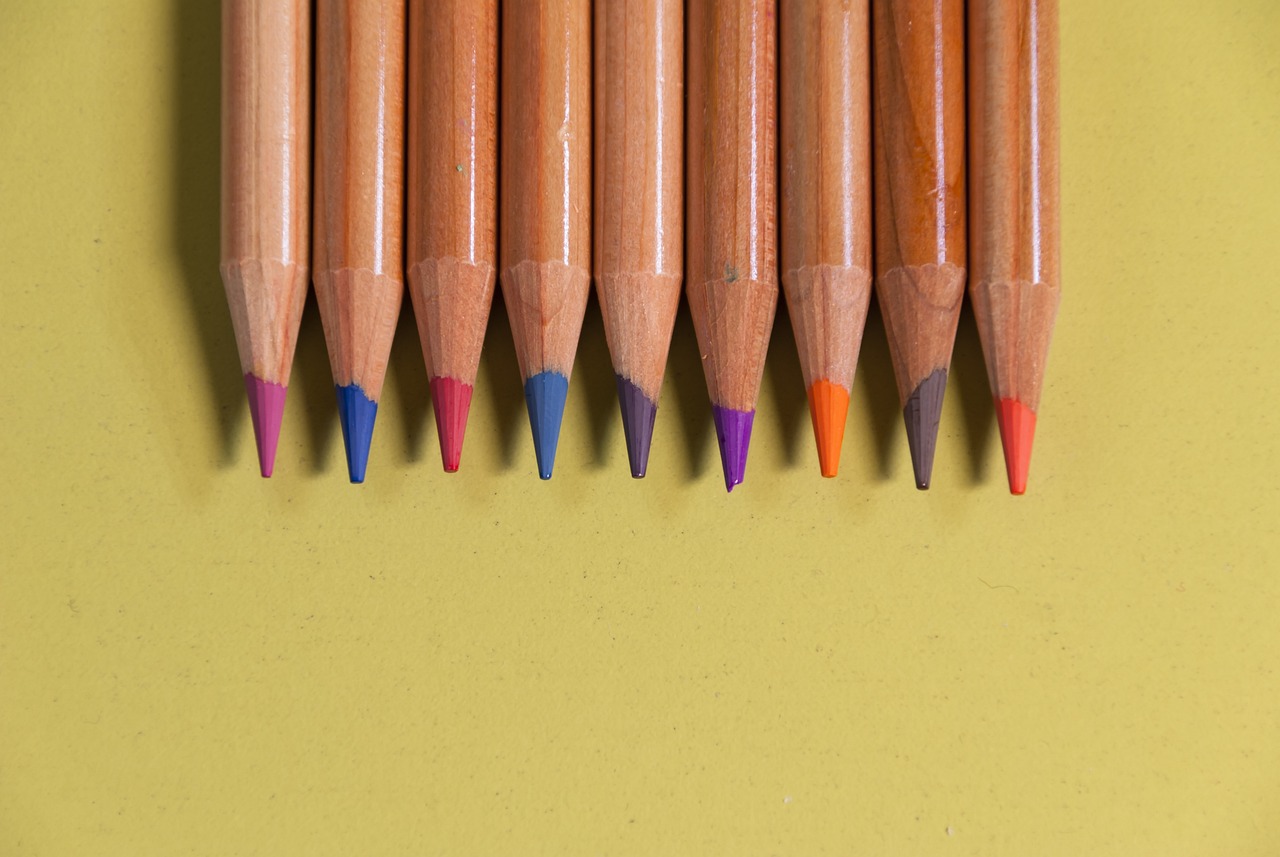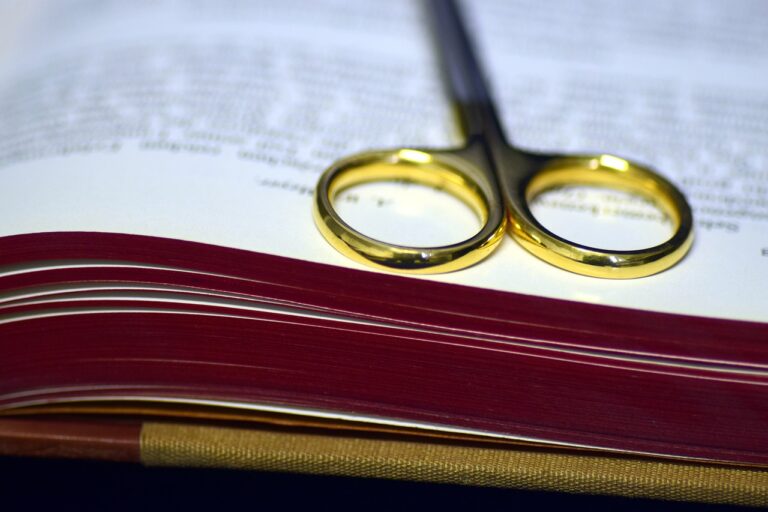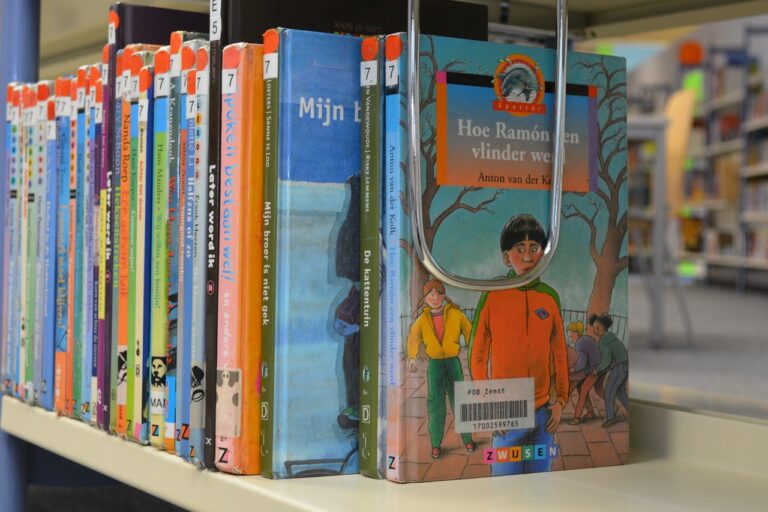Navigating Copyright Issues in Online Education: Protecting Intellectual Property
Copyright laws play a crucial role in the realm of online education, ensuring that creators’ rights are respected in the digital domain. As educators increasingly rely on digital resources for teaching materials, it is essential to understand how copyright regulations apply in an online setting. Failure to comply with these laws can result in legal repercussions, making it imperative for educators to be well-versed in copyright requirements.
The dynamic nature of online education necessitates a deeper understanding of how copyright laws govern the use of materials such as images, videos, articles, and textbooks in digital learning environments. Instructors must navigate the complexities of fair use, licensing agreements, and intellectual property rights to ensure that they are operating within legal parameters. By staying informed and upholding copyright standards, educators can ethically utilize digital resources to enhance the learning experience for students while respecting the rights of content creators.
Identifying the Types of Intellectual Property
Intellectual property is a valuable asset that can take various forms. One common type is copyrights, which protect original works of authorship such as literary, artistic, and musical creations. Copyrights give the creators the exclusive rights to reproduce, distribute, and display their work. Another important form of intellectual property is trademarks, which are used to protect symbols, names, and slogans that represent a company or product. Trademarks help consumers distinguish between different brands and maintain the reputation of businesses.
Recognizing the Importance of Copyright Protection
Copyright protection is crucial in safeguarding the creative works of individuals and organizations in the digital age. It enables creators to control how their works are used, distributed, and monetized, ensuring that they receive credit and compensation for their efforts. Without copyright protection, there would be little incentive for creators to continue producing original content, leading to a decline in innovation and creativity across various industries.
Additionally, copyright protection plays a vital role in promoting fair competition and upholding ethical standards in the online education sector. By respecting copyright laws and obtaining proper permissions for using others’ works, educational institutions can maintain credibility and integrity in their academic pursuits. This not only fosters a culture of respect for intellectual property but also ensures that educational resources are ethically sourced and legally compliant, benefiting both creators and consumers alike.
• Copyright protection allows creators to control how their works are used and distributed
• It ensures that creators receive credit and compensation for their efforts
• Without copyright protection, there would be little incentive for creators to produce original content
• Copyright protection promotes fair competition and upholds ethical standards in the online education sector
• Respecting copyright laws in educational institutions maintains credibility and integrity in academic pursuits
What is copyright?
Copyright is a form of intellectual property law that grants the creator of an original work exclusive rights to its use and distribution.
How does copyright protection apply to online education?
Copyright protection applies to online education in the same way it does to traditional education. Educators must obtain permission to use copyrighted materials in their online courses.
What are the types of intellectual property?
The main types of intellectual property are copyrights, trademarks, and patents. Copyrights protect original works of authorship, trademarks protect brands and logos, and patents protect inventions.
Why is it important to protect copyright?
Protecting copyright is important because it encourages creativity and innovation. It gives creators the exclusive rights to their work, allowing them to benefit financially from their creations.
What are the consequences of copyright infringement?
Copyright infringement can result in legal action, including fines and damages. It can also damage the reputation of the infringing party and lead to loss of revenue.







